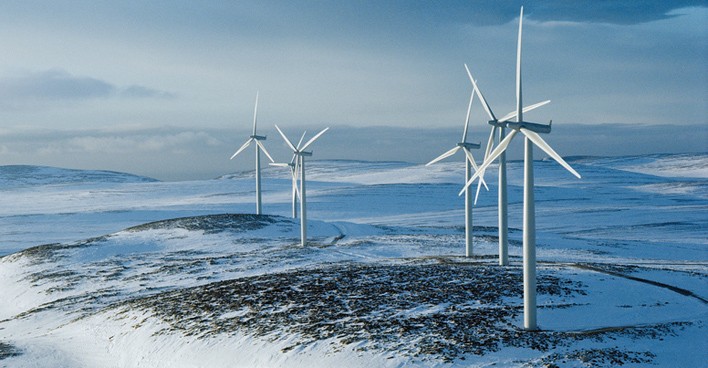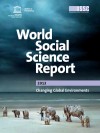Social transformations and climate change

Climate change is a comprehensive social challenge. Social transformations drive environmental change, which in turns reshapes societies over time. Understanding and responding to climate change thus requires strong input from the social and human sciences. Through its intergovernmental science programme on the Management of Social Transformations (MOST), UNESCO works to foster sustainability science, to make the knowledge it provides available to governments, and to support policies in favour of positive, transformative adaptation. Furthermore, through its youth programme, UNESCO encourages young people, as agents of change, to mobilize for inclusive and sustainable social responses to climate change. UNESCO’s 9th Youth Forum (26-28 October 2015) specifically addressed “Young Global Citizens for a Sustainable Planet”.
Sustainability science is science about sustainability – enhancing understanding of complex physical-biological-social systems – that is also for sustainability – enhancing social understanding and action capacities. Within the UNESCO-wide effort towards an operational sustainability science, the social and human sciences have a major contribution to make, building on the agenda set by the 2013 World Social Science Report as well as on the development of environmental humanities. Key actions include the Transformations to Sustainability programme implemented within Future Earth by the International Social Science Council.
The core of MOST is enhancement of the research-policy nexus. Subregional MOST Ministerial or High-Level Forums have focused specifically on the environmental dynamics of social transformations (Accra, December 2013; Hanoi, December 2013) and MOST efforts to contribute to the realization of the 2030 Agenda put particular emphasis on integrating the social and environmental dimensions of sustainable development.
Positive and transformative climate change adaptation requires inclusive and participatory policies at national level, as well as in regions, cities and provinces. MOST works with its stakeholders, building on the social and human science knowledge base, and agreed political agendas, to support policy development and assessment.


